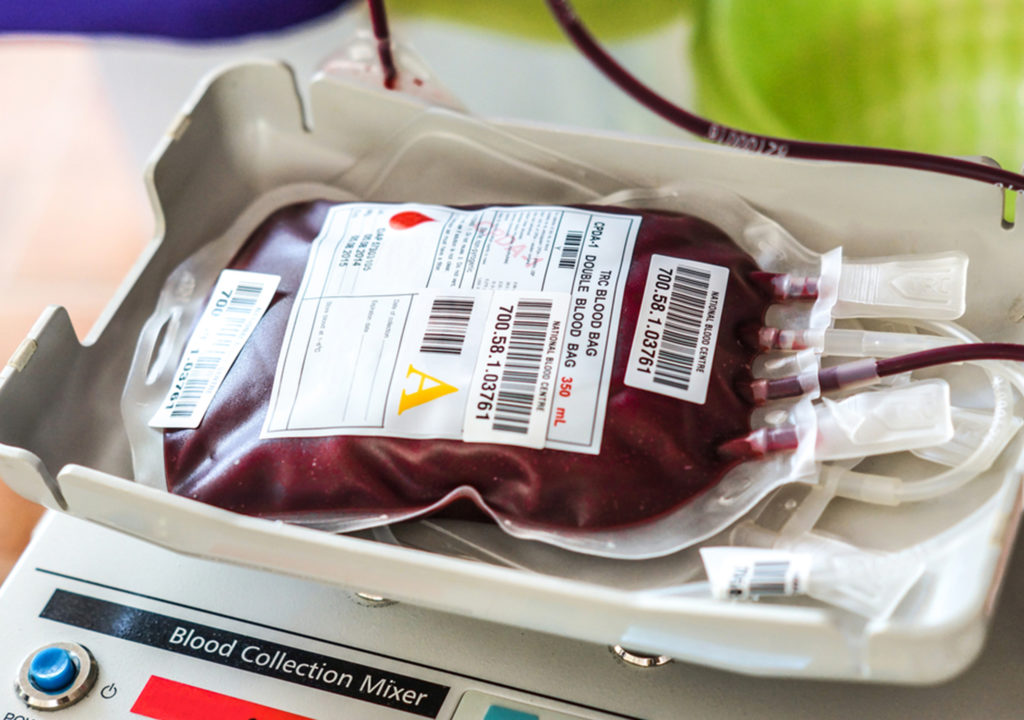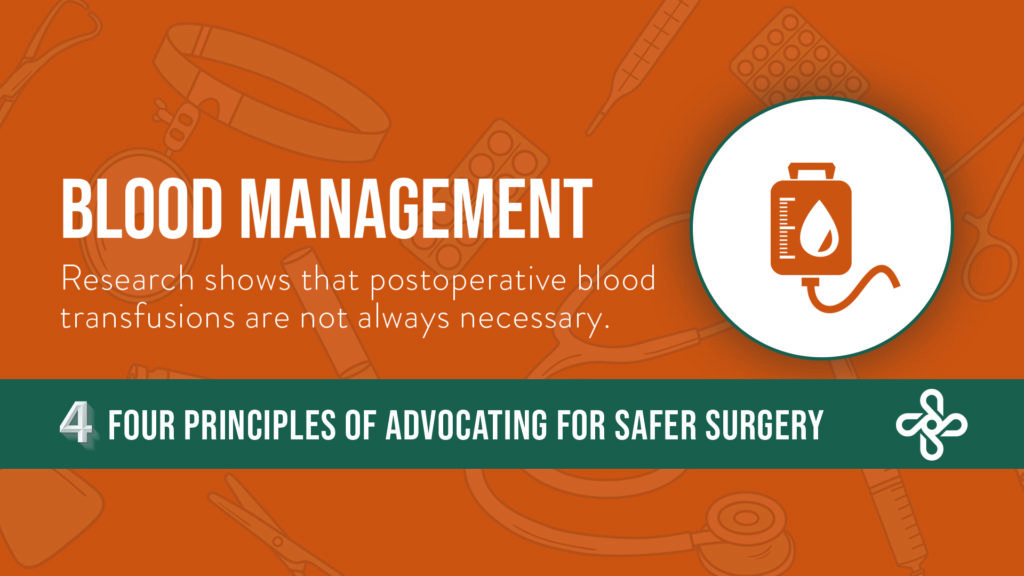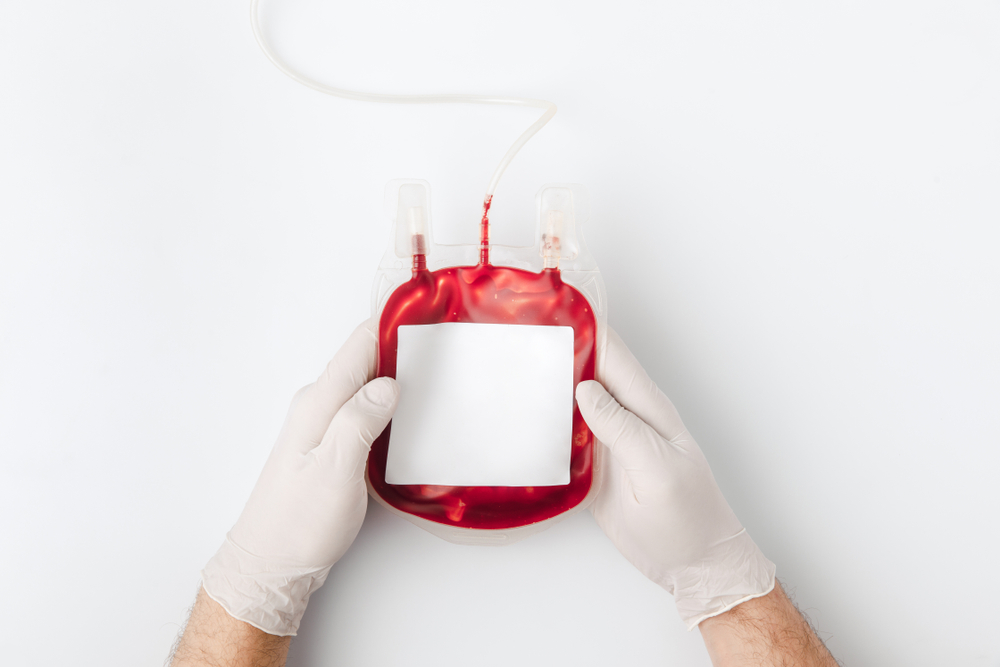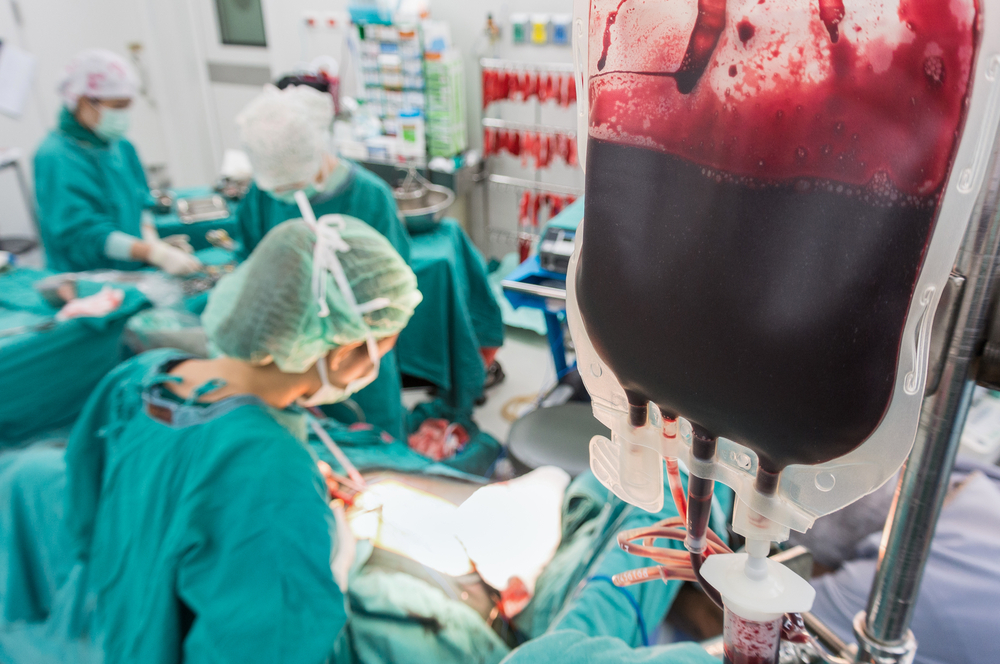
The risks and complications of blood transfusion are well documented. One technique commonly used to help reduce the need for bank blood is autotransfusion, also referred to as intraoperative autotransfusion (IAT) or autologous blood transfusion. IAT is a method of collecting the patient’s blood lost during surgery, processing it, and returning it to the patient. This can significantly reduce, or even eliminate the need for blood transfusions, which in turn reduces complications and the cost of care.

Evidence-based patient blood management (PBM) strategies offer significant clinical benefits. Conservation techniques, in particular, help minimize the use of allogeneic red blood cell transfusion, which has been shown to increase the risk of postoperative complications, readmissions, and mortality among patients. Because of the importance of this area of study, SpecialtyCare researchers continue to drill down and analyze the perfusion and autotransfusion cases in SCOPE, the SpecialtyCare Operative Procedural Registry™, to examine the impact of various strategies, develop best practices, and improve patient outcomes.

Both the American Medical Association and The Joint Commission consider red blood cell transfusion to be among the five most overused procedures, yet it remains one of the most commonly performed medical interventions in U.S. hospitals today. Vague clinical guidelines and long-held norms have created wide variation in the use of transfusion, but many administrators and clinicians are now realizing that reducing transfusion rates with evidence-based patient blood management programs can provide significant clinical and economic benefits.

We hear a lot these days about STEM education—an interdisciplinary, applied approach to teaching science, technology, engineering, and mathematics. The rise of women in STEM careers is notable, too. So, as Women’s History Month draws to a close, we decided to look to the future being built right now by some of the women at SpecialtyCare who pursued careers in science and are responsible for our clinical education and training programs today. Each has had a unique journey that includes education, choices, gumption, and surprises. They actively honed their interests and cultivated their talents to reach their current roles, and they continue to apply their strengths toward additional growth for themselves and others—men and women alike.

In 1982, PENCIL Foundation—an alliance of business leaders and local school administrators—was created to provide new opportunities that promote achievement by young people enrolled in Nashville’s metro public schools. The Foundation’s PENCIL Partners program now includes more than 800 community-school partnerships that serve over 80,000 students. As a proud member of PENCIL Partners, SpecialtyCare regularly hosts students from Hillsboro High School’s Academy of Global Health & Science to introduce them to careers in the healthcare field.

It’s been said that “Everyone has a special talent, some are just flashier than others.” And so it is in healthcare. Behind every high-visibility physician and hands-on surgical team, there is a large group of people in back offices providing invaluable support. Everyone plays an important role—from human resources and training to accounting and scheduling. But today, as part of National Medical Staff Services Awareness Week, we proudly recognize our credentialing team at SpecialtyCare, and indeed in healthcare settings everywhere, for their contributions to quality patient care and safety.

Building a highly talented clinical workforce is imperative for providing the best possible patient outcomes. We know, however, that the most passionate and effective healthcare professionals offer much more than clinical competence and they look for value in their work that extends beyond excellence in clinical care. They look for the intangibles and meaningful connections that prompted them to choose healthcare as a profession in the first place. Our goal is to sustain a culture where our people can thrive and find satisfaction, both personally and professionally.



